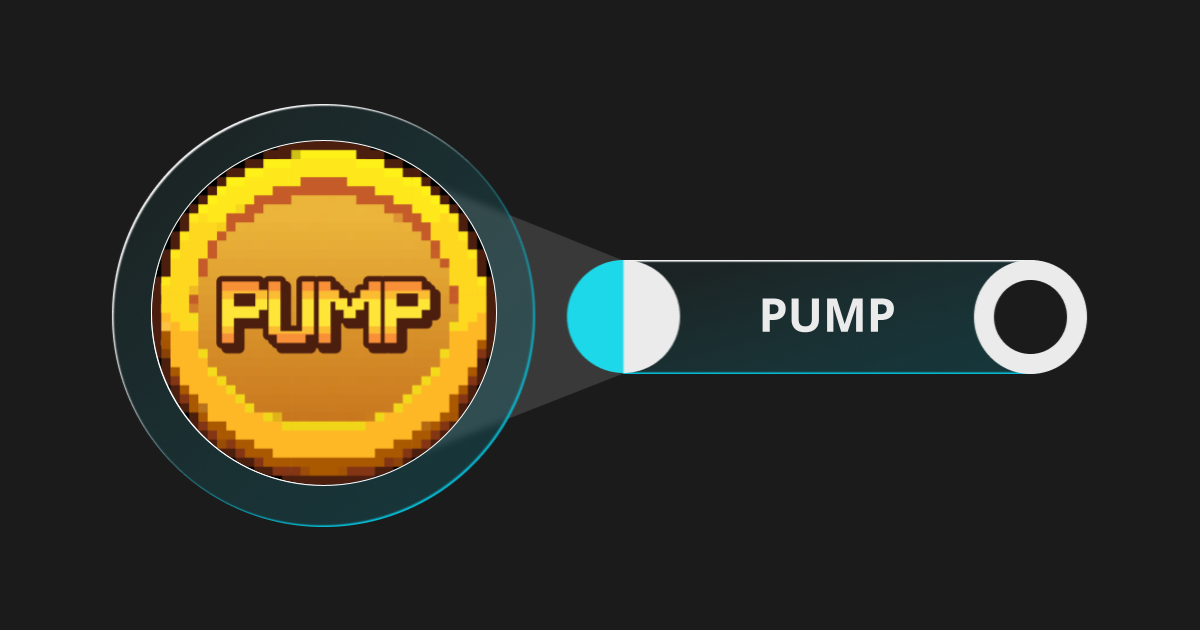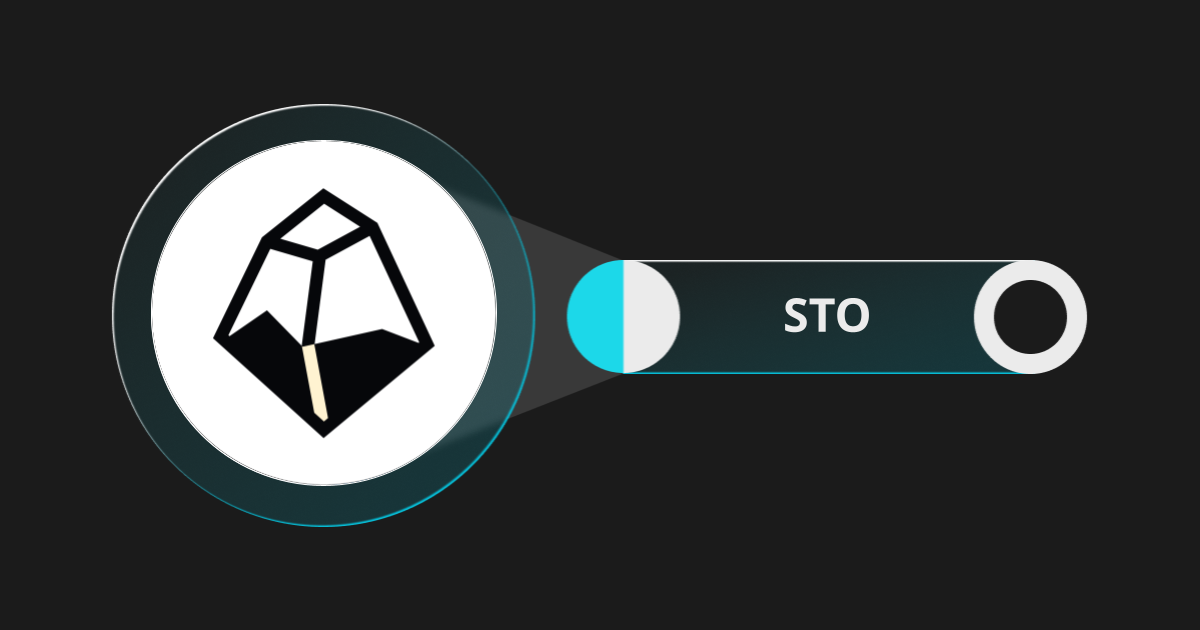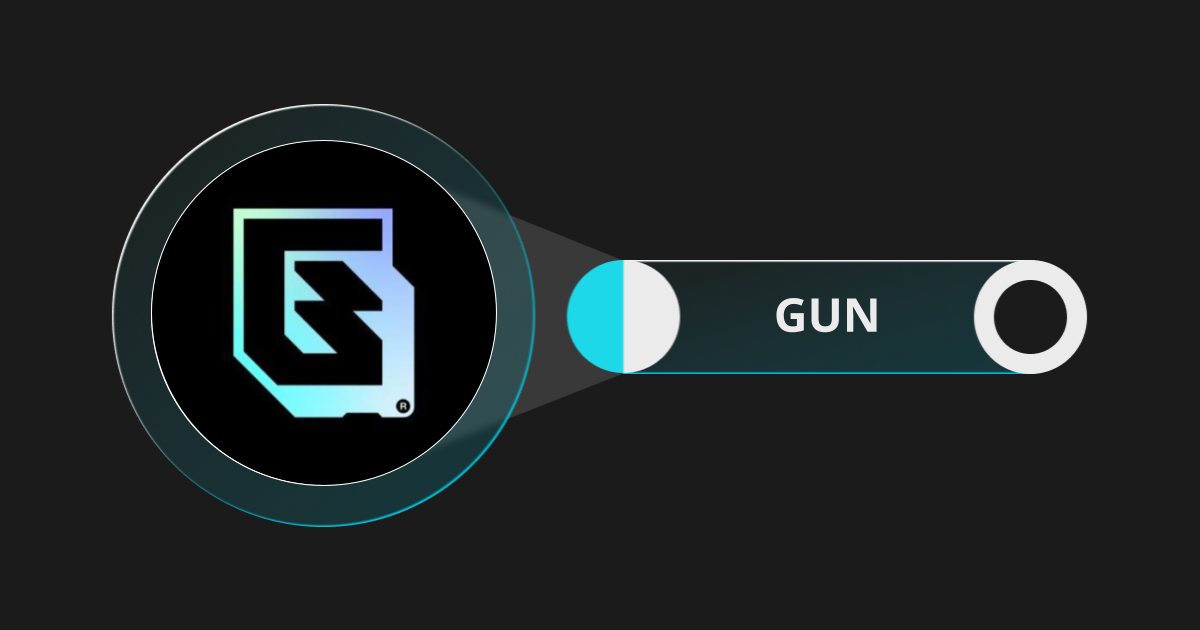
Plexus (PLX): Simplifying Cross-Chain Transactions
As blockchain technology continues to mature, user experience is becoming more and more important for widespread blockchain adoption. With a vision to promote interoperability and simplify DeFi, Plexus was created with a commitment to connecting the liquidity of all chains without creating its own liquidity. It sets the stage for a future where cross-chain transactions for different kinds of digital assets are not just feasible but user-friendly and cost-effective.
What is Plexus?
Plexus is a cross-chain DEX aggregator, a bridge connecting different blockchain networks, and ensuring users experience the fastest, cheapest, and most secure cross-chain swaps. Unlike traditional bridges, Plexus sets itself apart by prioritizing user experience through its Theta algorithm-based Cross-Chain Routing Protocol (CCRP). The platform's vision is to become the go-to DeFi hub, where anyone can effortlessly exchange any asset on any blockchain with just a few clicks.
How Plexus Works
Plexus addresses the interoperability challenges inherent in the current blockchain ecosystem through its revolutionary CCRP technology. This protocol acts as the backbone, establishing a network node on each Layer 1 chain. To improve the efficiency of cross-chain swaps, real-time liquidity data from every chain converges at the Relayer node, and the algorithm calculates the optimal exchange path. This unique process allows users to execute secure swap transactions between different chains with a single confirmation.

Source: Plexus Website
The CCRP design also enhances the security and stability of cross-chain swaps conducted on Plexus. While traditional cross-chain protocols operate separate validator nodes, Plexus employs a Relayer node and a decentralized oracle to boost the stability of cross-chain communication. The transaction proof from Chain A is delivered to the Validator Contract in Chain B by the Relayer node, while the decentralized oracle simultaneously transfers data from Chain A to the validator contract of Chain B. The double-validation process reinforces security, ensuring fast transaction processing, low operating costs, and a secure user experience.
Plexus offers a suite of products tailored to cater to diverse user needs:
- Cross-Chain Swap: Cross-Chain Swap can bridge all tokens on multiple chains with a single transaction. This eliminates the need for users to navigate through the complexities of multiple DEXs and bridges individually. This product also allows users to pay gas fees for cross-chain swaps with only the destination tokens. In other words, users can swap between different chains without the necessity of holding separate gas fee tokens for each chain in their wallet. The platform automatically deducts the gas fee from the destination token and returns the remaining balance to the user.
- Cross-Chain Multi-Token Swap: Plexus simplifies the process of moving multiple tokens across different chains by allowing users to process multiple cross-chain swaps in a single transaction. This not only saves on gas fees but enhances overall efficiency.
- Cross-Chain Vault: Plexus Vault tackles the complexity of navigating various protocols, DEXs, and liquidity staking platforms across multiple chains. By aggregating liquidity data from different sources, Plexus Vault provides users with optimal staking conditions through a single user interface, simplifying the staking process.
- Cross-Chain API: Plexus API allows users and partners to make cross-chain contract calls, data retrieval, and optimal swaps. By integrating various chains, bridges, and DEXs, Plexus API offers a comprehensive solution for accessing liquidity data and executing cross-chain transactions.
Tokenomics
PLX Token
At the heart of Plexus is the PLX token, driving Plexus' business model and utility functions.
The Plexus protocol generates revenue, and this revenue is allocated strategically to benefit the community. The distribution plan is transparent: 40% goes to PLX holders, 40% to a buyback fund, and 20% to the gas fee treasury. This structured approach ensures a fair and sustainable ecosystem.
gPLX Token
Governance PLEXUS (gPLX) serves as the governance token, and it can be obtained through staking PLX tokens for a specific period. For every PLX staked, stakers receive one gPLX, representing ownership and governance within the Plexus ecosystem.
gPLX holders enjoy:
- Voting rights: Holders actively participate in governing Plexus, influencing policies, product development, protocol operations, and enhancing governance itself. Those who participate in DAO discussions and voting are rewarded with PLX tokens, promoting active engagement and contributions to the Plexus protocol.
- Protocol revenue sharing: Governance members (stakers) receive 16.5% of Plexus transaction fees as staking rewards, proportionate to their staking share. This ensures an inclusive and rewarding experience for active participants.
PLX goes live on Bitget
We are thrilled to announce that PLX is to be listed on Bitget on November 24 (UTC+8).
The PLX token is the lifeblood of the Plexus platform, serving as both a utility tool and a conduit in the governance process. In a nutshell, it empowers users to actively participate in and shape the operations of Plexus. Don't miss the opportunity to be part of this decentralized revolution – trade PLX on Bitget and play a vital role in shaping the future of DeFi with Plexus.
How To Trade PLX on Bitget
Step 1: Go to the PLXUSDT spot trading page
Step 2: Enter the amount and the type of order, then click Buy/Sell.
For detailed instructions on how to spot trade in Bitget, please read The Uncensored Guide To Bitget Spot Trading.
Looking ahead, Plexus not only simplifies cross-chain swaps but also addresses the challenges associated with gas fees, providing users with a user-friendly and efficient solution for token exchanges across multiple blockchains. The platform's commitment to enhancing the user experience sets it apart in the rapidly evolving landscape of DeFi. With Plexus, users can look forward to a future where cross-chain transactions of any digital assets are not just feasible but also remarkably user-friendly and cost-effective.
Trade PLX on Bitget now!
Disclaimer: The opinions expressed in this article are for informational purposes only. This article does not constitute an endorsement of any of the products and services discussed or investment, financial, or trading advice. Qualified professionals should be consulted prior to making financial decisions.
- What is Plexus?
- How Plexus Works
- Tokenomics
- PLX goes live on Bitget




